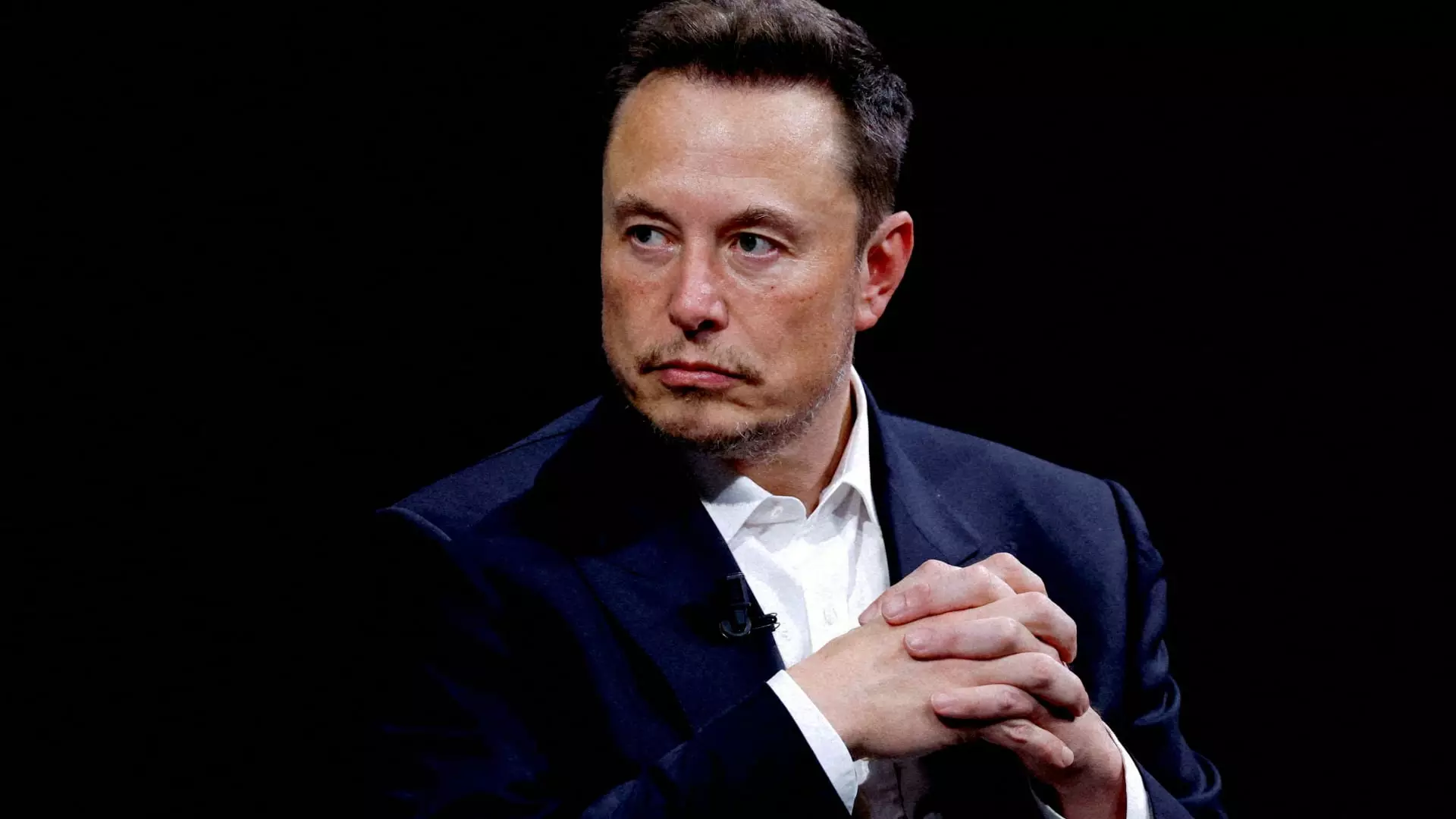Local Chinese authorities have recently lifted restrictions on Tesla cars after the company’s China-made vehicles successfully met the country’s data security requirements. This development came after Tesla CEO Elon Musk’s unexpected meeting with Chinese Premier Li Qiang in Beijing. The move is significant as Tesla’s electric cars are highly popular in China, but faced restrictions in some government-related properties due to concerns about data collection by the U.S.-based automaker.
New Energy Vehicles Compliance
In addition to Tesla’s vehicles, several other new energy vehicles from companies like BYD, Lotus, Nezha, Li Auto, and Nio have also passed China’s data security requirements. This announcement was made by the China Association of Automobile Manufacturers and the National Computer Network Emergency Response Technical Team/Coordination Center of China. The new data security rules were released in November, targeting “connected vehicles” released in 2022 and 2023.
The new data security requirements for cars include tests to ensure that the vehicles anonymize facial recognition data outside the car, do not collect cockpit data by default, process collected data internally, and notify users of personal information processing. Tesla was part of the first batch of automakers to meet these compliance requirements. The company localized its data storage in 2021 at its Shanghai data center and received the ISO 27001 international standard for information security after a review by third-party auditors.
While Tesla’s breakthrough in data security compliance is a positive step, the rollout of its Full Self Driving (FSD) software in China faces challenges. JL Warren Capital CEO, Junheng Li, emphasized that a supervised version of FSD in China is unlikely due to difficulties for Tesla as a foreign entity in the country. Li suggested that there is no strategic advantage for Beijing to support FSD’s domestic rollout when there are reputable local alternatives like Xpeng’s driver-assist software.
Despite the challenges, Tesla continues to have a strong presence in the Chinese market. Premier Li visited Xpeng and other companies at the Beijing auto show, emphasizing the importance of innovation and consumer demand in driving production. Tesla, however, decided not to exhibit at this year’s auto show, a trend that started after an incident where a protester stood on one of its cars during the Shanghai auto show in 2021. The auto show alternates between Beijing and Shanghai and was not held in 2022 due to the Covid-19 pandemic.
Tesla’s recent breakthrough in data security compliance in China is a significant step forward for the company’s operations in the country. While challenges remain, including the rollout of its FSD software, Tesla’s commitment to meeting regulatory requirements and adapting to the local market will be crucial for its success in China’s competitive automotive industry.

